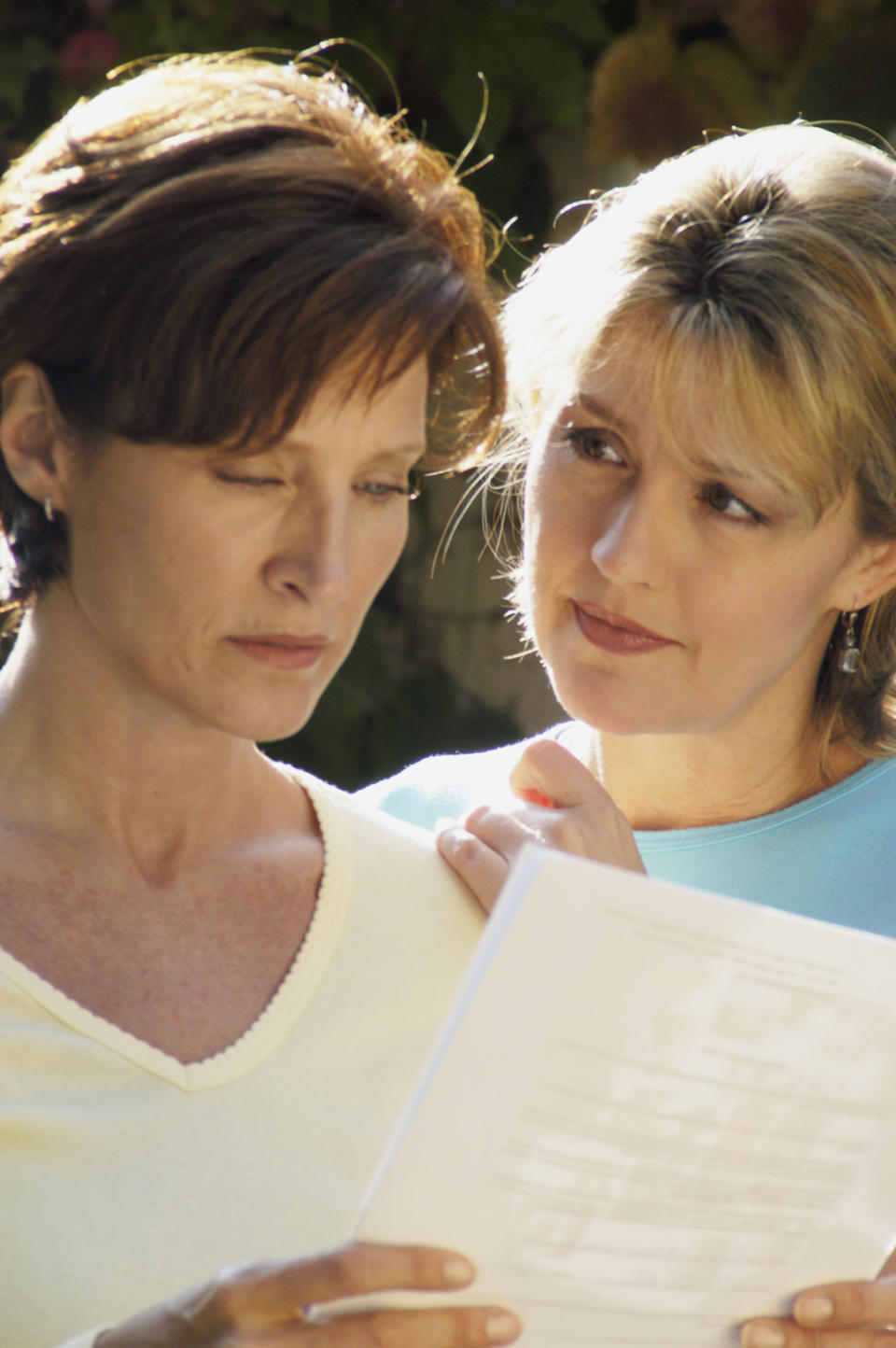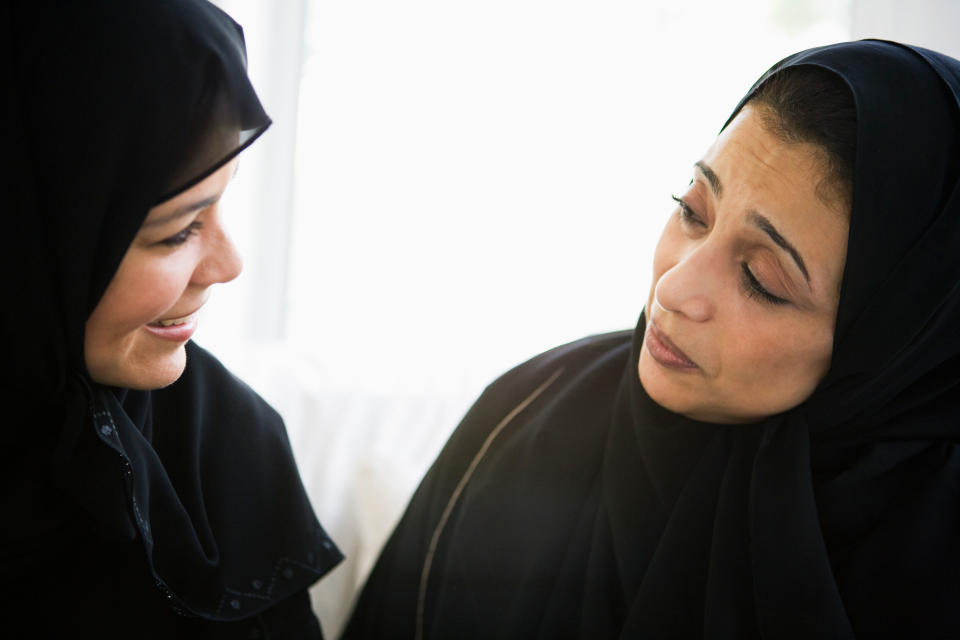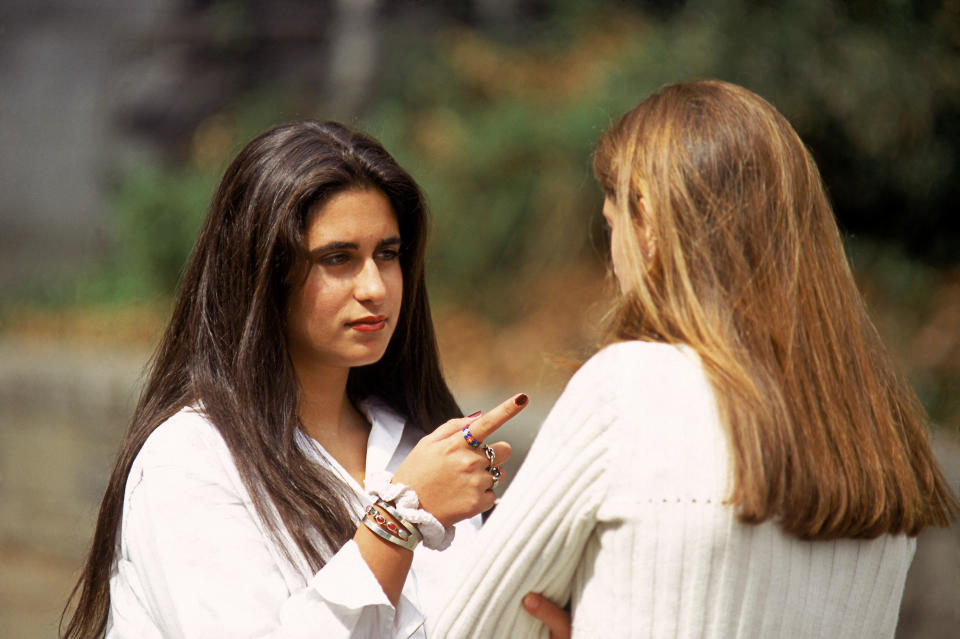Johnny Depp Accuses Ex-Wife Amber Heard Of Fabricating Abuse Allegations
Johnny Depp has accused his former wife Amber Heard of fabricating domestic violence allegations against him that he claims “are categorically and demonstrably false.”
The Blast first reported that the actor made the comments in a declaration last month as part of a $50 million defamation lawsuit against Heard, following her December 2018 op-ed in The Washington Post. In that commentary, Heard described herself as a survivor of domestic abuse, although she did not name Depp.
The couple were married in 2015; their divorce was finalized in early 2017. The actress has accused her ex-husband of more than a dozen incidents before and during their short and rocky marriage. She has alleged that when Depp was high on drugs or alcohol, he punched, slapped, kicked and choked her.
The actor denied those accusations in his declaration.
“I have denied Ms. Heard’s allegations vehemently since she first made them in May 2016, when she walked into court to obtain a temporary restraining order with painted-on bruises that witnesses and surveillance footage show she did not possess each day of the preceding week,” Depp said, according to People magazine. “I will continue to deny them for the rest of my life. I never abused Ms. Heard or any other woman.”
Depp said, per the Blast, that his lawsuit is meant “not only to clear my name and restore my reputation, but to attempt to bring clarity to the women and men whose lives have been harmed by abuse and who have been repeatedly lied to by Ms. Heard purporting to be their spokesperson.”
The actor said he filed the suit after the “appearance of new evidence not previously in my possession.” He added: “After years of asserting my innocence, I am finally in a position to prove it by dismantling each element of her hoax.”
In the declaration, Depp claimed that Heard committed “innumerable acts of domestic violence” against him while mixing prescription amphetamines and nonprescription drugs with alcohol. The actor alleged that she “hit, punched, and kicked” him and “repeatedly and frequently threw objects” at him, including bottles, soda cans, burning candles, remote controls and paint thinner cans.
As part of the declaration, Depp included several photos of injuries to himself that he said were caused by Heard.
Depp said that he decided to divorce the actress on April 21, 2016, after “Ms. Heard or one of her friends defecated in my bed as some sort of a sick prank before they left for Coachella together.”
Heard’s lawyer, Eric George, responded to Depp’s claims with this statement:
The evidence in this case is clear: Johnny Depp repeatedly beat Amber Heard. The increasingly desperate attempts by Mr. Depp and his enablers to revive his career by initiating baseless litigation against so many people once close to him ― his former lawyers, former managers, and his former spouse ― are not fooling anyone. In light of the important work done by the #TimesUp movement highlighting the tactics abusers use to continue to traumatize survivors, neither the creative community nor the public will be gaslit by Mr. Depp’s baseless blame-the-victim conspiracy theories.
In a statement obtained by People, Depp’s lawyer fired back at George’s statement, denying that the actor had brought “baseless litigation” and saying that Heard “faces a growing mountain of evidence” about “her infamous hoax.”
Need help? In the U.S., call 1-800-799-SAFE (7233) for the National Domestic Violence Hotline.
Also on HuffPost
Let Her Know You Care

Let Her Know You're Concerned

Support Her

Acknowledge Her Situation

Have Courage

Don't Make Things Worse

Call The Police

Find Out What She Wants

Don't Give Up

Don't Lecture Her

Medical Support

Love HuffPost? Become a founding member of HuffPost Plus today.
This article originally appeared on HuffPost.

